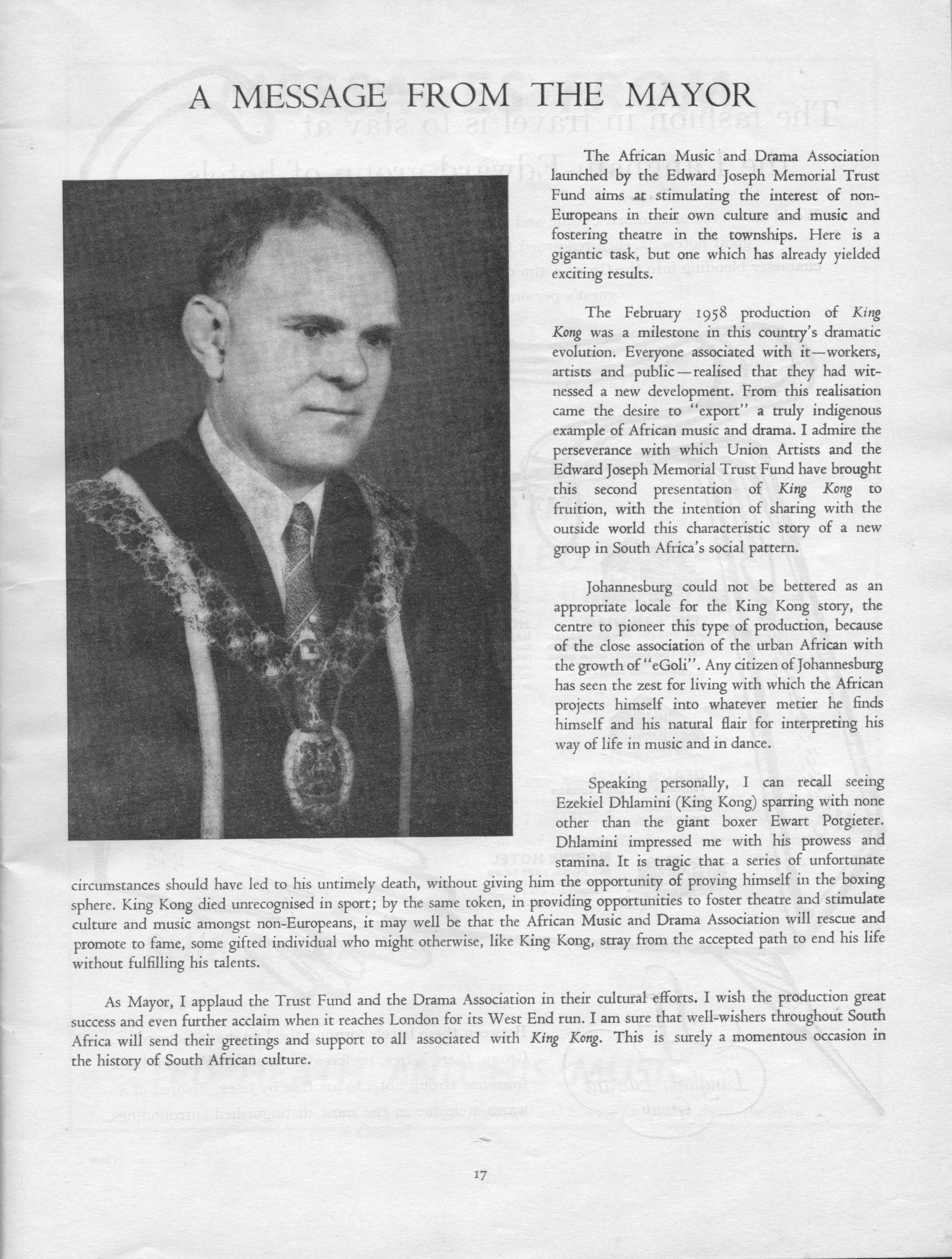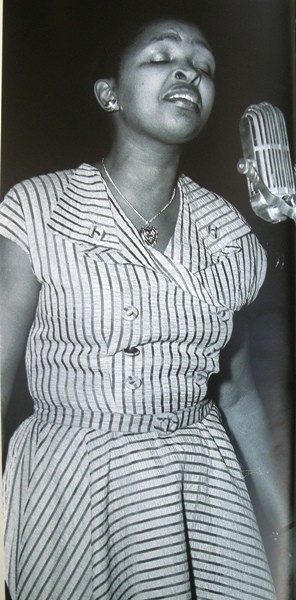This slideshow requires JavaScript.
see also Keep on Bumping in 2017 -South African Disco & Boogie Part 1
here is the second part of the story of South African Disco & Boogie, published in the 3rd volume of “Hot Stuff” the online magazine focusing mainly on Disco & Boogie. See pages 19 through 25 for the full spread….
SOUL GEMS, BOOGIE BOMBS, DISCO DYNAMITE and ULTRA-RARE HOLYGRAILS !!!
BOOGIE WONDERLAND
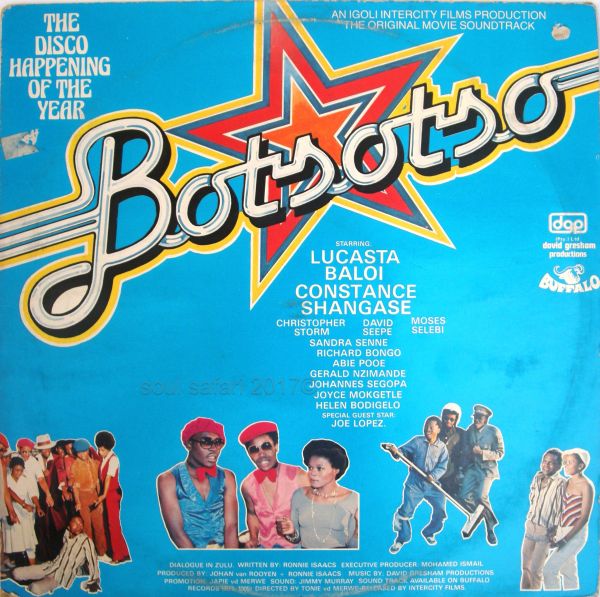 In the first South African disco movie “Botsotso” (1979), the recurring plot is a fairy tale similar to the story of Cinderella. The hero is a dustman who wants to go to the ball, but like Cinderella, he does not have the approriate clothes. Miraculously, he gets the clothes, wins the princess and the respect of his peers. By the end of the film his brother is no longer ashamed of him, and in the followup Botsotso 2 (1983), leading man Luki starts as a cook, but ends up owning the disco.
In the first South African disco movie “Botsotso” (1979), the recurring plot is a fairy tale similar to the story of Cinderella. The hero is a dustman who wants to go to the ball, but like Cinderella, he does not have the approriate clothes. Miraculously, he gets the clothes, wins the princess and the respect of his peers. By the end of the film his brother is no longer ashamed of him, and in the followup Botsotso 2 (1983), leading man Luki starts as a cook, but ends up owning the disco.
The suggestion is that class mobility can be effected by changing one’s clothes and learning to dance. Of course that idea is a wellknown theme that was first glorified in the classic disco movie ‘Saturday Night Fever’, starring John Travolta as Tony Manero, a troubled youth from Brooklyn who found glory on the dance floor.
The success of disco music was soon spreading over South Africa as wildfire. Many youth from the townships were trekking to the big cities to find fame and glory under the mirror ball. Simultaneously eager producers from local record companies, always keen on easy sales, flocked to the dancefloors to watch the action. Some great talent escaped the poverty and grim life of the townships and made it big. But most of these young hopefuls ended up as one-hit wonders or simply took the bus back to their homelands on a one-way ticket.
 One of the biggest names to dominate the booming disco scene of the 1970s was Harari, even being invited to perform in the US with jazz trumpeter Hugh Masekela in 1978. During this tour, the band’s leader Selby Ntuli died, leaving Sipho ‘Hotstix’ Mabuse as the new leader. This eclectic ensemble was impossible to categorise; mixing funk and disco with jazz, while also using traditional African instruments to create a completely unique sound that many tried, but failed to imitate. They were the ultimate party band, yet boasted some of the best musicians around at the time, such as Alec ‘Om’ Khaoli and Lionel Petersen. The single ‘Party’ from the album ‘Heatwave’ (Gallo 1980) even entered the American Disco Charts giving the group worldwide exposure and making a superstar of Sipho ‘Hotstix’ Mabuse. Harari will forever hold legendary status, even after their split in 1982.
One of the biggest names to dominate the booming disco scene of the 1970s was Harari, even being invited to perform in the US with jazz trumpeter Hugh Masekela in 1978. During this tour, the band’s leader Selby Ntuli died, leaving Sipho ‘Hotstix’ Mabuse as the new leader. This eclectic ensemble was impossible to categorise; mixing funk and disco with jazz, while also using traditional African instruments to create a completely unique sound that many tried, but failed to imitate. They were the ultimate party band, yet boasted some of the best musicians around at the time, such as Alec ‘Om’ Khaoli and Lionel Petersen. The single ‘Party’ from the album ‘Heatwave’ (Gallo 1980) even entered the American Disco Charts giving the group worldwide exposure and making a superstar of Sipho ‘Hotstix’ Mabuse. Harari will forever hold legendary status, even after their split in 1982.
Another star of that same era is Blondie Chaplin, a former member of Durban’s soul & rock band The Flames who made it quite big on his own, while scoring his biggest hits with Pappa Makhene.

A select Blondie discography on 45 rpm
Blondie And Pappa – Don’t Burn Your Bridges / Boogie On Up -Bullet – B150 (1978)
Blondie And Pappa -I Can’t Get Along Without You / I’m Here, You’re There –CCP Records –CCP1 (1980)
Blondie And Pappa -Going Home To My Mama / I Like It –CCP Records –CCP7 (1980)
Blondie And Pappa -Never Gonna Let You Go / Cape To Nassau –CCP Records –CCP17 (1981)
Spankk featuring Blondie –The Air That I Breathe (Love Of My Life) / Hallelujah (Praise His Name) -Family – FLY 507 (1983)
Blondie – Communicate / Sugar I Like It -Family – FLY 517 (1984)
Blondie – Overtime/D Good Day -Family – FLY 528 (1985)
TEEN IDOLS & THE FOUNDATION OF ZOMBA/JIVE RECORDS
Another dance success story in the mid 70s came from Cape Town with The Rockets, a band and dance group fronted by singer Ronnie Joyce who would later go solo to become South Africa’s youngest child star at 13. He was discovered by the popular soul crooner Richard Jon Smith, who introduced his protegee to producer Cliver Calder . This ex-South African correspondent for Billboard magazine would relocate to the UK in 1974 where he would form Zomba Records with his partner Ralph Simon.
 Ronnie Joyce’s biggest inspiration of course was young Michael Jackson, whom he resembled with his afro hairdo and funky dance moves. The band had a number of hits like ‘Surrender’, ‘Situations’, ‘Ooh La La’ and ‘Gimme A Break (Dance). Ronnie Joyce embarked on a solo career and released hits like ‘Working On A Good Thing’ and ‘What Went Wrong With Us?’. The young singer teamed up on TV shows and radio programs with another child star; Jonathan Butler.
Ronnie Joyce’s biggest inspiration of course was young Michael Jackson, whom he resembled with his afro hairdo and funky dance moves. The band had a number of hits like ‘Surrender’, ‘Situations’, ‘Ooh La La’ and ‘Gimme A Break (Dance). Ronnie Joyce embarked on a solo career and released hits like ‘Working On A Good Thing’ and ‘What Went Wrong With Us?’. The young singer teamed up on TV shows and radio programs with another child star; Jonathan Butler. 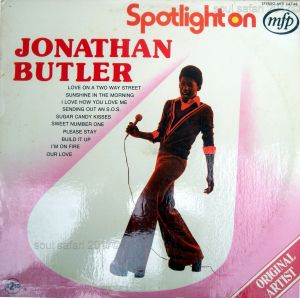
Best known nowadays as a respected and well known jazz artist in the Cape Jazz genre Jonathan Butler started his career as a teen idol in the same vein as Justin Bieber. The album ‘Spotlight on Jonathan Butler’ contains a selection of uptempo soul & boogie tunes and some classic soul ballads, produced by Peter Vee for Clive Calder Productions.
BREAK DANCE PARTY
Breakdancing, another street craze that started in the New York slums of Bronx and Harlem in the US took the South African youth by storm in 1984, especially in the urban areas. Hot US albums by Break Machine ‘Break Dance Party’, produced by Jacques Morali and Henri Belolo, fueled the popularity of dance styles like the head spin, moonwalking, electric boogie, spider and glide in South Africa where local acts became known nationwide. The Ghetto Slickers, a high energy breakdance trio from the house of popular singer, dancer, actor and disc jockey Cocky ‘Two Bull’ Tlhotlhalemajoe became the most popular dance act.
The Black Consciousness movement of the seventies promoted locally by activists like Steve Bantu Biko as well as African American artists like James Brown, saw individuals and organisations contribute towards building the self-esteem of the oppressed masses of South Africa. ‘Say It Loud, I’m Black and I’m Proud’ became the slogan for black South Africa.
In 1985 the Black Glamour Exhibition in Johannesburg showcased progressive young blacks and their culture. Amongst the musicians who participated in this massive show of self-pride were Ebony, Stimela, Street Kids, Pappa & Blondie a.o.
THE BIG BANG
But nobody was prepared for the tsunami that in 1986 would sweep the country when came Paul Simon released his ‘Graceland’ album. The release of this worldwide hit record created an enormous international interest in South African musicians and their music. Simon faced controversy for seemingly breaking the cultural boycott imposed by the rest of the world against South Africa because of its policy of apartheid. In addition, some black critics viewed Graceland as an exploitive appropriation of their culture.
Back in 1972, after breaking up his career with Simon & Garfunkel, he had already succesfully engaged Jamaican artists to bring the reggae effect into his music. In 1985 Simon engaged South African musicians like Ray Phiri, Isaac Mtshali, Bakithi Khumalo and Ladysmith Black Mambazo in the recording of the ‘Graceland’ album in New York. The rest is history.

Earlier in 1985 Stevie Wonder demonstrated outside the South African Embassy in Washington and released an album ‘In Square Circle’ that same year. On a protest track ‘It’s Wrong (Apartheid) exiled South African musicians Tshepo Mokone, Thandeka Ngono, Linda Tshabalala and Fana Kekana were featured as backing vocalists. In 1987 Michael Jackson asked Letta Mbulu for the song “Liberian Girl” that was part of his groundbreaking album ‘Bad’.
Local record companies responded to this with a non-stop flow of dance records that initially broke first on the radio, followed by success on dancefloors.
The radio broadcast industry, which had earlier seen the end of the SABC’s monopoly with the launch of Radio SR in 1977 with black deejays broadcasting in English, was more diversified then most radio stations. When Radio SR introduced South Africans to smooth talking jocks like Cocky ‘Two Bull’ Tlhotlhalemajoe, Meshack Mapetla or Danisile Lavisa, many young black boys and girls started gearing themselves to a wider and freer broadcasting industry. The radio landscape would never be the same.
Suddenly there was airtime and a healthy market for locally produced black dance music that came from within the community itself, not being imported from US or UK. Labels like On Records, formed by Ronnie Robot, Sound of Soweto and Flash dominated the local markets.

Here is a personal and select discography of my favourite South African SOUL GEMS, BOOGIE BOMBS, DISCO DYNAMITE and ULTRA-RARE HOLYGRAILS !!!
Not many of these releases ever made it further then the borders of South Africa, but they are not forgotten! Just like Cinderella, these records are waiting to be rediscovered after a period of obscurity and neglect.
By no means do I claim that this list is complete….still adding!
Letta Mbulu -I’ll Never Be The Same LP -Tamla Motown – TMC 5242 (1973)–rare LP by a South African legend, one of the holy grails
Little Ronnie Joyce –Give A Little Love / Working On A Good Thing –Bullet Records (B14) (1974)
Jonathan Butler -‘Spotlight on Jonathan Butler’ -MFP 54748 (1975)
Lionel Petersen –I’ll Take You Where The Music’s Playing -Plum Records (PLC 5019) (1975)
Rene Richie and her Cosmic Band –Love In Space -Gallo Records ML 4181 (1978) –Italo Disco from South Africa
Qondile Nxumalo –Mad World / Uthando Olungaka -Soul Brother (PB 75) 1978
Malcolm Soul –Mr. Cool / I’m Gonna Give In CTV Disco -CTS 715 (year of release unknown)
Botsotso –original soundtrack –Buffalo Records (BFL 1005) (1979)
Thandeka Ngono –s/t –Atlantic (ATC 8004) (1979)
Alec ‘Om’ Khaoli –Magic Touch / Be My Wife Gallo Records –PD2007 (1981)
Masike “Funky” Mohapi -Hamba Sibali Wami (pts 1 & 2) –Raintree Records (RAB 311) (1982)
Caiphus Semenya – Listen To The Wind Moonshine 2002 (1982)
Dudu Mazibuku & The Paper Dolls –Disco Beat / Botsoso Girl -Zasha Records (AAB3) (1983)
Piliso –Thumela –Peach River Records (BBSLP 02) (1983)
Brenda & The Big Dudes – Weekend Special Family Records – FLY(V) 4 (1983)
Brenda & The Big Dudes – Let’s Stick Together Family Records – FLY(V) 8 (1984)
Street Kids –Try Me (Game Nr. 2) Right Track PRO RTS 35 (1984)
Ebony – I Need Somebody / You Are The One–Right Track Records (RTS 619) (1985)
Tata –It’s A Mess / Afro Breakdance -Hot Stuff (HST (C) 1507 (1985)
Eric D -Slow Down / Nothing For Nothing -Sounds of Soweto (SOS 2) (1988)
Travolta –Leb 3 (Amarovers) Bubblee Records (Buble 5) (1988)






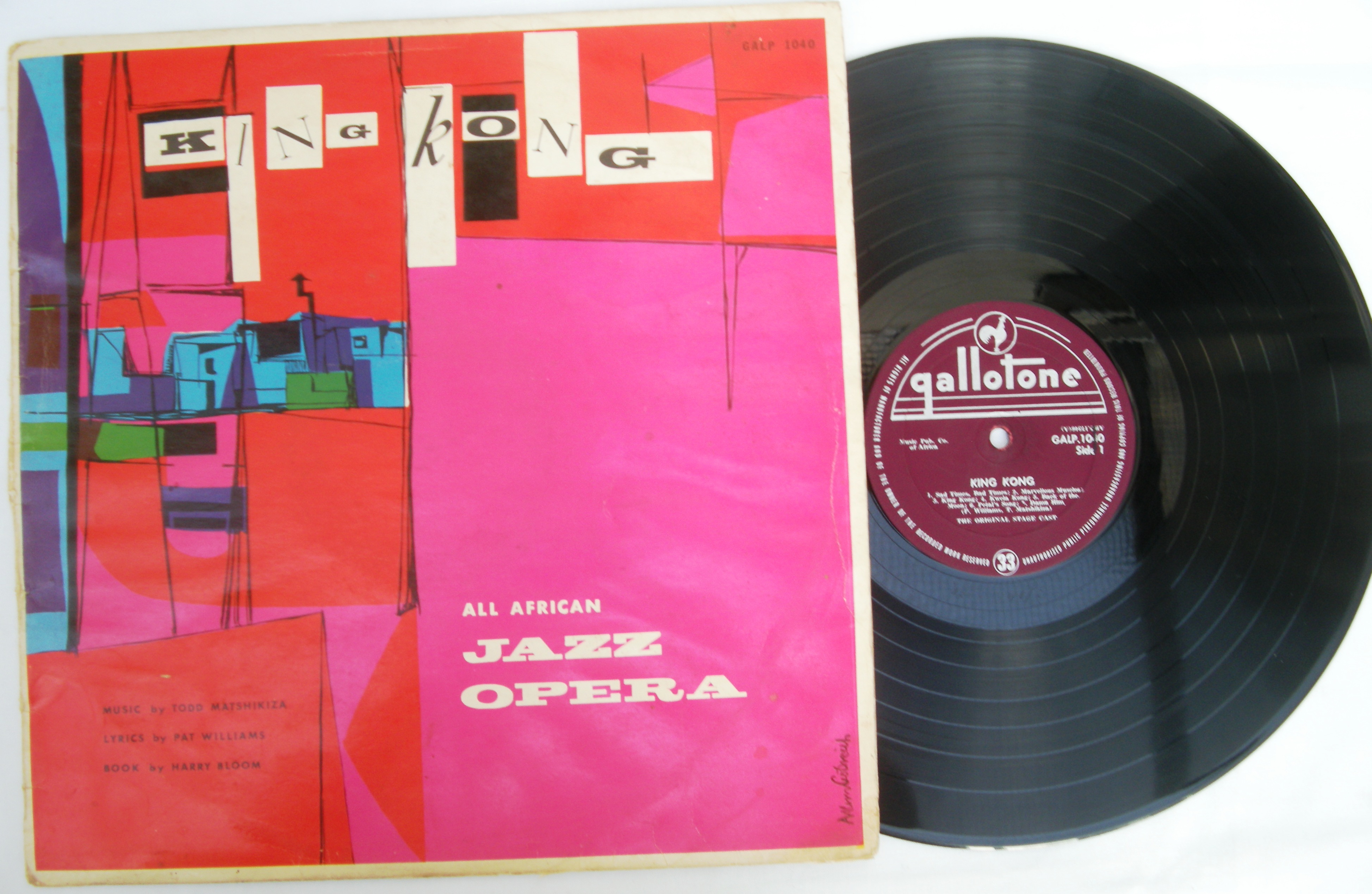
 South African writer, actor and writer Nakhane Touré (31) will not be silenced. Resistance defies with a raised head, with a somewhat mocking look in his beautiful androgynous face. His vulnerability is his strength, Nakhane is a queer artist on a mission.
South African writer, actor and writer Nakhane Touré (31) will not be silenced. Resistance defies with a raised head, with a somewhat mocking look in his beautiful androgynous face. His vulnerability is his strength, Nakhane is a queer artist on a mission.
 In the first South African disco movie “Botsotso” (1979), the recurring plot is a fairy tale similar to the story of Cinderella. The hero is a dustman who wants to go to the ball, but like Cinderella, he does not have the approriate clothes. Miraculously, he gets the clothes, wins the princess and the respect of his peers. By the end of the film his brother is no longer ashamed of him, and in the followup Botsotso 2 (1983), leading man Luki starts as a cook, but ends up owning the disco.
In the first South African disco movie “Botsotso” (1979), the recurring plot is a fairy tale similar to the story of Cinderella. The hero is a dustman who wants to go to the ball, but like Cinderella, he does not have the approriate clothes. Miraculously, he gets the clothes, wins the princess and the respect of his peers. By the end of the film his brother is no longer ashamed of him, and in the followup Botsotso 2 (1983), leading man Luki starts as a cook, but ends up owning the disco. One of the biggest names to dominate the booming disco scene of the 1970s was Harari, even being invited to perform in the US with jazz trumpeter Hugh Masekela in 1978. During this tour, the band’s leader Selby Ntuli died, leaving Sipho ‘Hotstix’ Mabuse as the new leader. This eclectic ensemble was impossible to categorise; mixing funk and disco with jazz, while also using traditional African instruments to create a completely unique sound that many tried, but failed to imitate. They were the ultimate party band, yet boasted some of the best musicians around at the time, such as Alec ‘Om’ Khaoli and Lionel Petersen. The single ‘Party’ from the album ‘Heatwave’ (Gallo 1980) even entered the American Disco Charts giving the group worldwide exposure and making a superstar of Sipho ‘Hotstix’ Mabuse. Harari will forever hold legendary status, even after their split in 1982.
One of the biggest names to dominate the booming disco scene of the 1970s was Harari, even being invited to perform in the US with jazz trumpeter Hugh Masekela in 1978. During this tour, the band’s leader Selby Ntuli died, leaving Sipho ‘Hotstix’ Mabuse as the new leader. This eclectic ensemble was impossible to categorise; mixing funk and disco with jazz, while also using traditional African instruments to create a completely unique sound that many tried, but failed to imitate. They were the ultimate party band, yet boasted some of the best musicians around at the time, such as Alec ‘Om’ Khaoli and Lionel Petersen. The single ‘Party’ from the album ‘Heatwave’ (Gallo 1980) even entered the American Disco Charts giving the group worldwide exposure and making a superstar of Sipho ‘Hotstix’ Mabuse. Harari will forever hold legendary status, even after their split in 1982.
 Ronnie Joyce’s biggest inspiration of course was young Michael Jackson, whom he resembled with his afro hairdo and funky dance moves. The band had a number of hits like ‘Surrender’, ‘Situations’, ‘Ooh La La’ and ‘Gimme A Break (Dance). Ronnie Joyce embarked on a solo career and released hits like ‘Working On A Good Thing’ and ‘What Went Wrong With Us?’. The young singer teamed up on TV shows and radio programs with another child star; Jonathan Butler.
Ronnie Joyce’s biggest inspiration of course was young Michael Jackson, whom he resembled with his afro hairdo and funky dance moves. The band had a number of hits like ‘Surrender’, ‘Situations’, ‘Ooh La La’ and ‘Gimme A Break (Dance). Ronnie Joyce embarked on a solo career and released hits like ‘Working On A Good Thing’ and ‘What Went Wrong With Us?’. The young singer teamed up on TV shows and radio programs with another child star; Jonathan Butler. 












